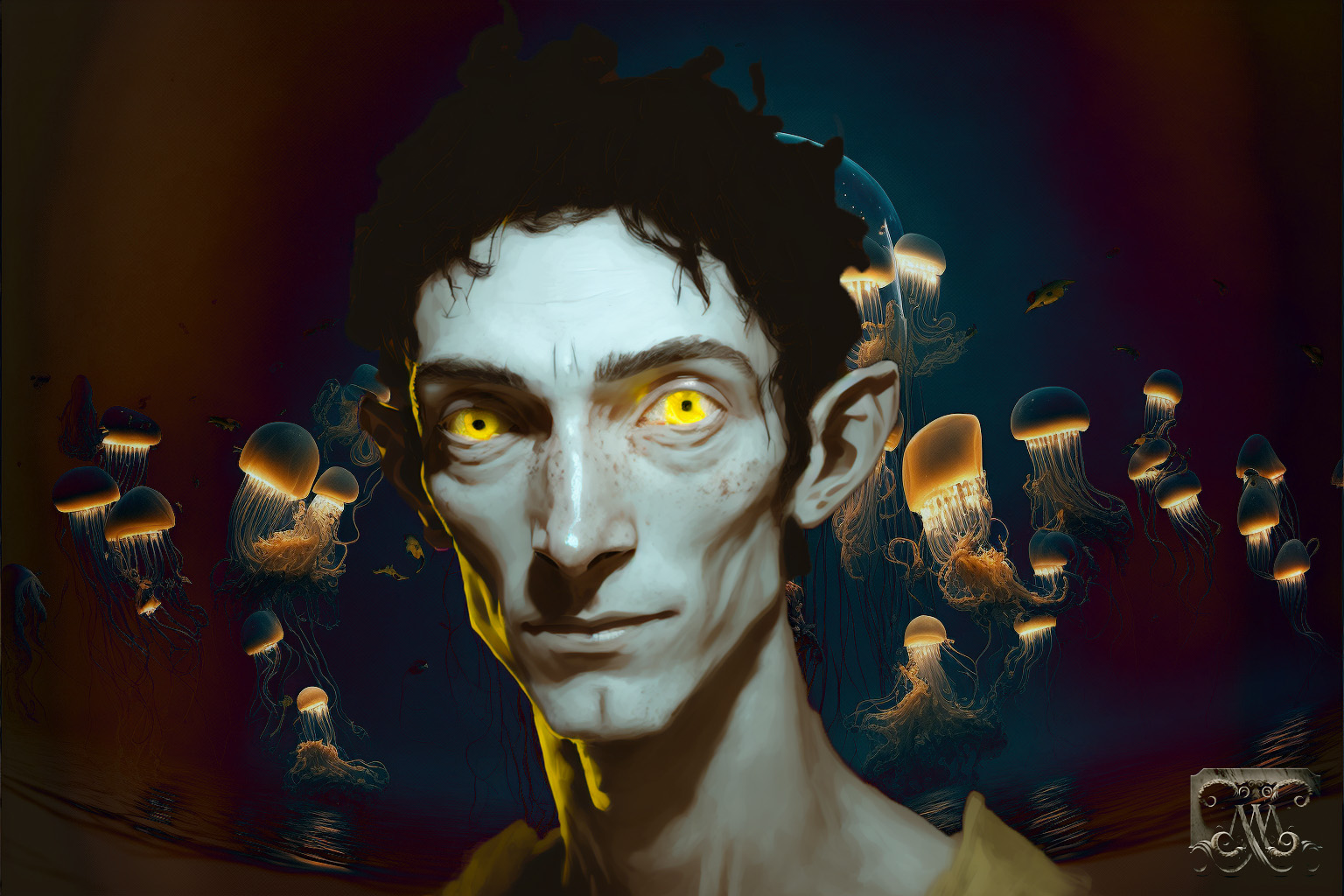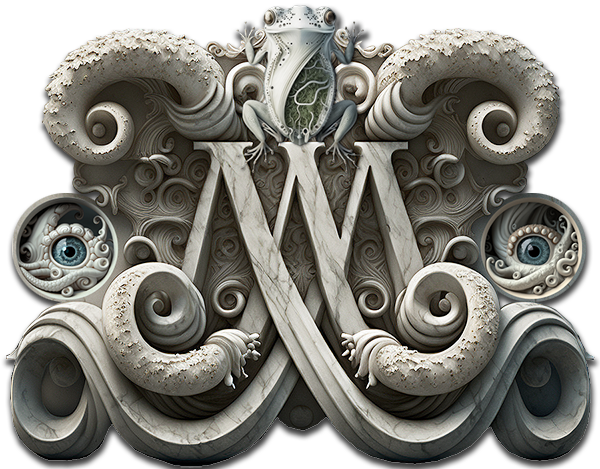
Constance worked with the embroidery over her knees, now and then pausing to examine more closely the pattern in the colored plate from the Metropolitan Museum.
“Who is this for?” I asked.
Hawberk explained that in addition to the treasures of armor in the Metropolitan Museum, of which he had been appointed armorer, he also had charge of several collections belonging to rich amateurs. This was the missing greave of a famous suit which a client of his had traced to a little shop in Paris on the Quai d’Orsay. He, Hawberk, had negotiated for and secured the greave, and now the suit was complete. He laid down his hammer and read me the history of the suit, traced since 1450 from owner to owner until it was acquired by Thomas Stainbridge.
When his superb collection was sold, this client of Hawberk’s bought the suit, and since then the search for the missing greave has been pushed until it was, almost by accident, located in Paris.
“Did you continue the search so persistently without any certainty of the greave being still in existence?” I demanded.
“Of course,” he replied, coolly.
Then for the first time I took a personal interest in Hawberk.
“It was worth something to you,” I ventured.
“No,” he replied, laughing, “my pleasure in finding it was my reward.”
“Have you no ambition to be rich?” I asked, smiling.
“My one ambition is to be the best armorer in the world,” he answered, gravely.
Constance asked me if I had seen the ceremonies at the Lethal Chamber. She herself had noticed cavalry passing up Broadway that morning, and had wished to see the inauguration, but her father wanted the banner finished, and she had stayed at his request.
“Did you see your cousin, Mr. Castaigne, there?” she asked, with the slightest tremor of her soft eyelashes.
“No,” I replied, carelessly. “Louis’ regiment is manoeuvring out in Westchester County.” I rose and picked up my hat and cane.
“Are you going up-stairs to see the lunatic again?” laughed old Hawberk. If Hawberk knew how I loathe that word “lunatic,” he would never use it in my presence. I rouses certain feelings within me which I do not care to explain. However, I answered him quietly:
“I think I shall drop in and see Mr. Wilde for a moment or two.”
“Poor fellow,” said Constance, with a shake of her head, “it must be hard to live alone year after year, poor, crippled, and almost demented. It is very good of your, Mr. Castaigne, to visit him as often as you do.”
“I think he is vicious,” observed Hawberk, beginning again with his hammer. I listened to the golden tinkle on the greave-plates; when he had finished I replied:
“No, he is not vicious, nor is he in the least demented. His mind is a wonder chamber, from which he can extract treasures that you and I would give years of our lives to acquire.”
Hawberk laughed.

